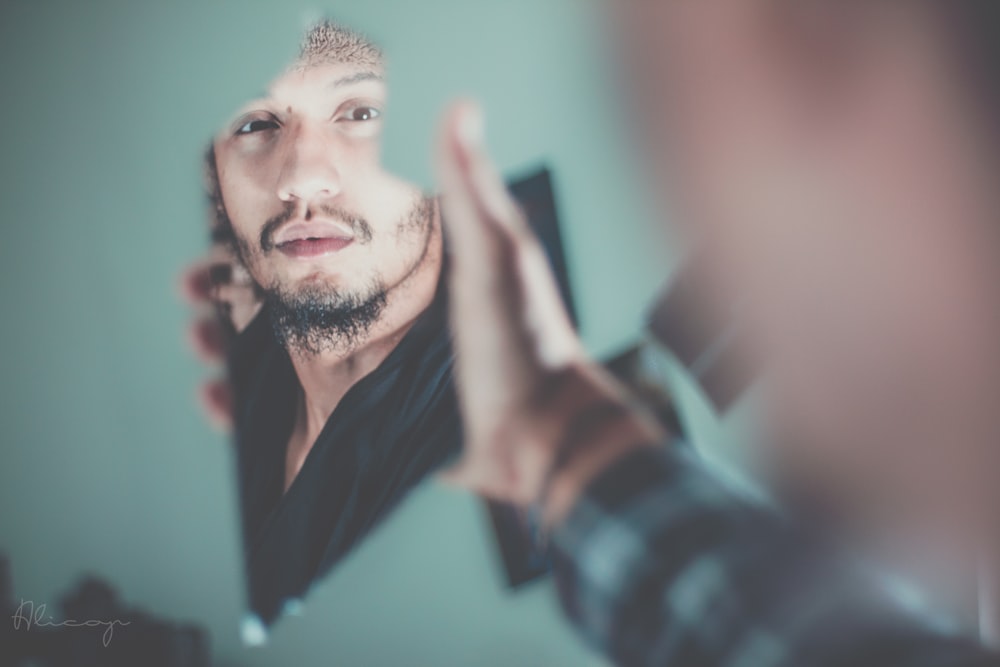Written by Sydney Tittle
#relationshipgoals
I sat down months ago and began to write a post titled #relationshipgoals – An article for the new year to inspire us all to set goals to improve our relationships. The title was nothing more than a clever idea I had pulled from a hashtag I had seen many times on social media. The more I looked into the hashtag, however, the less it seemed to fit with the mission and purpose of the Healthy Humans Project.
I’ve since learned that #relationshipgoals or #goals are both used all over the internet by people looking at a snapshot into the life of someone else – and wanting that for themselves. It goes beyond just wanting, though. In many of these instances, the attitude behind the hashtag is more of a focus on what we lack as opposed to what we would like to become in our relationships.
(It’s easy to look at photos like these and blame the publisher for the way it makes us feel about ourselves and our relationships. This is not fair. It is not their fault when we are the ones following and comparing ourselves to them.)
Comparison: The Thief of Joy
If you are involved in the world of instagrammer and blogger “influencers,” you may have noticed a change in the conversation over the last week. Influencers from all over are looking at the rates of depression, anxiety, and suicide in the United States and are starting to look inward to see how the perceived life of perfection portrayed in their feed might be adding to the negativity epidemic.

A call for awareness and greater authenticity has been ringing through my instagram feed over the last 4 days, and it doesn’t seem to be slowing down. The realization is this: Instagram, blogs and other social media platforms have become a place of showcasing snapshots of our best angles, our funniest stories, the cleanest areas of our houses, and the best moments in our relationships. From the outside looking in, the 5% “reality” we see on social media is the epitome of perfection; and when compared with what we see in our own 100% reality, our lives are ALWAYS going to fall short. Every. Single. Time. Can you see how this might be detrimental?
Some adults have the skill and ability to be able to make the distinction and utilize the inspiration of others in healthy ways. But based on the numbers we see and the effects of mainstream media, the unfortunate reality we are facing must be that more and more of us every day can not make the distinction between the 5% and our 100%. We are falling victim to the effects of what I like to call the “instagram epidemic”. The impact on individuals can be life threatening (recent findings by researcher Dr. Jean Twenge have shown that there was a 50% increase in clinical depression between 2011 and 2015, and a substantial increase in child, teen, and young adult suicide rates), and the impact on relationships may be just as bad.
3 Ways to Protect Yourself From The Epidemic:
1. Unfollow
Go through your social media and unfollow any account that makes you feel less about yourself, your life, or your relationship. It is easy to place blame on outside sources for our own lack of judgement. The truth of the matter is that the power is in YOUR hands. Only YOU can control your happiness.

2. Gratitude
Start everyday with gratitude for the things you do have. A practice of daily gratitude can completely change your mental state from a focus on where you fall short to a focus on how blessed you are to have what you have.

3. Try
Don’t be afraid to try new things… especially things you think you may fail at. Just because you see someone doing something perfectly on social media, doesn’t mean they always did it that way.
They may look like this now, 
but at one point they probably looked like this
 and may have actually peed a little bit in the process too.
and may have actually peed a little bit in the process too.
The bottom line is this… life is to be enjoyed and not just endured. You have to power to cut out the negative, to focus on the positive, and to combat fear of failure by trying new things.
References
“The Scary Truth About What Is Hurting Our Kids”
Fardouly, J., Diedrichs, P. C., Vartanian, L. R., & Halliwell, E. (2015). Social comparisons on social media: The impact of Facebook on young women’s body image concerns and mood. Body Image, 13, 38–45. https://doi-org.erl.lib.byu.edu/10.1016/j.bodyim.2014.12.002
Hanley, S. M., Watt, S. E., & Coventry, W. (2019). Taking a break: The effect of taking a vacation from Facebook and Instagram on subjective well-being. PLoS ONE, 14(6). https://doi-org.erl.lib.byu.edu/10.1371/journal.pone.0217743
Sherlock, M., & Wagstaff, D. L. (2019). Exploring the relationship between frequency of Instagram use, exposure to idealized images, and psychological well-being in women. Psychology of Popular Media Culture, 8(4), 482–490. https://doi-org.erl.lib.byu.edu/10.1037/ppm0000182
Twenge, J. M., PhD. (2017). IGen: why todays super-connected kids are growing up less rebellious, more tolerant, less happy– and completely unprepared for adulthood (and what this means for the rest of us). New York, NY: Atria Books.
 Sydney Tittle is an Orem, Utah native. She has a passion for family life, social innovation, and anything creative. She is the second of five children, and loves spending time with friends and family. In August of 2017, she graduated from Brigham Young University with a bachelor’s degree in family studies.
Sydney Tittle is an Orem, Utah native. She has a passion for family life, social innovation, and anything creative. She is the second of five children, and loves spending time with friends and family. In August of 2017, she graduated from Brigham Young University with a bachelor’s degree in family studies.







